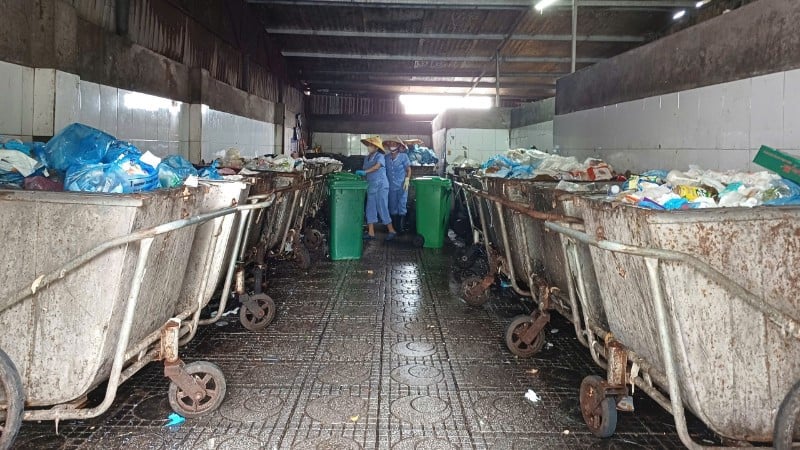
Bidding and supervision need to be substantive.
To make the collection and treatment of medical waste practical, according to Mr. Nguyen Van Bang, Director of Urenco 13 Company, the bidding method must first be changed. The collection bidding price of only about 5 million VND is "impossible", "sure to cause losses" if the correct regulations on treatment technology, transportation, and infection risk control are applied.
A representative of an environmental business shared: "If the bid is so low and still implemented, the only possibility is to cut down on the process, or accept losses to gain market share and be compensated from other sources of income."
The pressure from the current bidding mechanism not only makes it difficult for businesses to invest in modern treatment technology, but also pushes away truly capable units. A representative of Urenco 13 lamented: “In previous years, we occupied 90% of the market share in Hanoi , but now we are gradually losing market share not because of outdated technology or high costs. We are using wet heat steaming technology which is more effective and has a lower cost than incineration technology, but because of the bidding price as prescribed, we cannot compete.”
According to a representative of Hong Ngoc-Phuc Truong Minh Hospital, the biggest difference between public and private hospitals lies in administrative procedures and financial mechanisms.
In public hospitals, all procurement, repair and infrastructure investment activities must go through a complex bidding process with many levels of approval, resulting in a lot of time. Meanwhile, private hospitals can make their own decisions and implement them quickly. This flexibility helps private hospitals proactively invest in waste treatment technology, upgrade infrastructure, and arrange specialized personnel for infection control.
In addition, the hospital maintains two infection control networks: physicians and nurses.
Notably, internal monitoring is strictly organized. Every week, the hospital's professional inspection team conducts random inspections of departments and rooms, integrating waste management content into the professional content of infection control. This approach creates a continuous control loop, helping to limit the risk of medical waste being released into the environment.
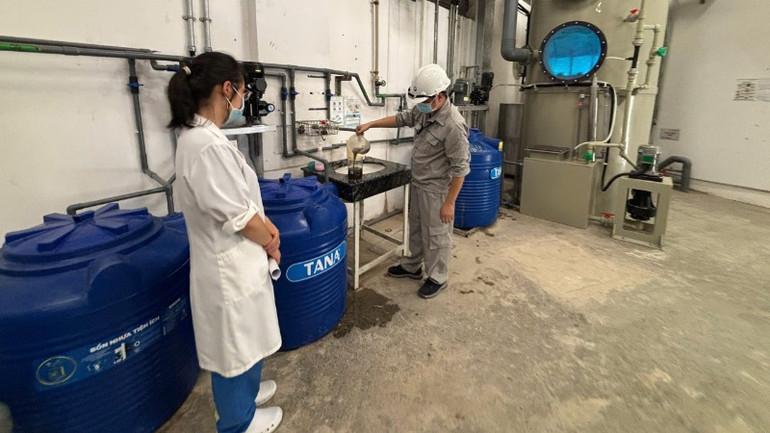
Phu Tho Province (old) implemented at the provincial level with a highly systematic and practical initiative, which is to group medical facilities according to their specific scale and waste generation capacity. The first group includes general hospitals, specialized hospitals, medical centers, large private hospitals and industry hospitals. The second group is private clinics and commune health stations. Grouping helps management agencies develop a set of assessment criteria appropriate to the capacity and practical requirements of each subject.
On that basis, the province applies a quantitative scoring mechanism, with specific scales for each criterion such as: Having a standard treatment contract, having a clear collection process, having a storage location according to regulations, having a handover log and full periodic reports. Units that do well will get 2 points, those that do not do it fully will get 1 point, and those that do not do it will be given a failing score. "We clearly define that quality does not come from beautiful reports, but must be measured by real actions. Having criteria, having scores, having publicity will create responsibility and motivation to improve," affirmed Mr. Le Thanh Binh, Deputy Head of the Medical Affairs Department, Phu Tho Provincial Department of Health.
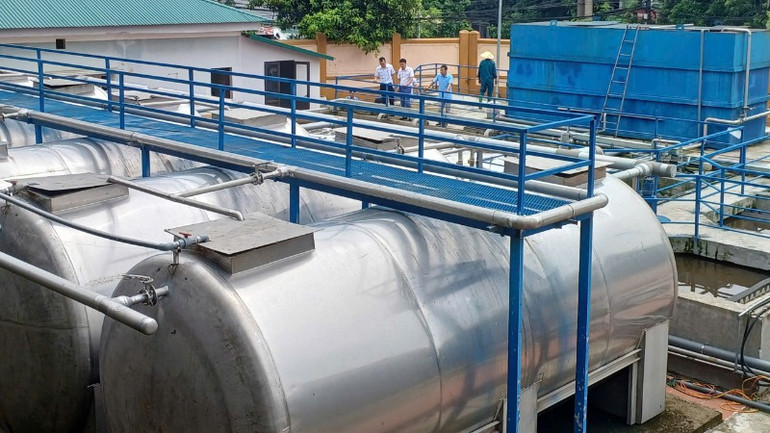
This mechanism helps units identify weaknesses and proactively overcome them. The Phu Tho Provincial Department of Health requires all medical facilities to periodically self-assess. At the same time, the facility management unit will cross-check and synthesize reports to create a horizontal and vertical monitoring network. Notably, the province is considering publicly announcing the ranking results on the electronic information portal to promote healthy competition between facilities and strengthen social supervision.
At the macro level, according to Associate Professor, Dr. Nguyen Viet Hung, Vice President of the Vietnam Infection Control Association, the Ministry of Health needs to soon develop a set of tools to assess the quality of infection control work at medical examination and treatment facilities to ensure that infection control procedures are strictly and effectively implemented. Thereby, the management agency can also promptly evaluate and detect hospitals that have not performed well in order to immediately correct them.
In addition, it is necessary to publicize waste treatment costs in accordance with the National Action Plan on Infection Control in Medical Examination and Treatment Facilities for the period 2025-2030. Although the Plan was issued in early 2025, implementation has been very limited to date.
Arrange specialized environmental personnel
One area that needs improvement is the human resources specialized in medical environment. In reality, many medical facilities only have part-time environmental officers who are not properly trained, lack legal foundation and deep expertise.
The organization and arrangement of personnel for environmental work in hospitals needs to be taken seriously, as for many years, in the opinion of some hospital leaders, the infection control department often does not need to have high professional expertise, and even if disciplined, they are assigned to this field.
Mr. Bui Quoc Vuong, Head of the Medical Affairs Department, Hanoi Department of Health, said that commune-level clinics with small amounts of waste need to study a model of centralized collection at one point before transferring to a treatment plant, instead of having the collection unit go to each place at high costs. Mr. Duong Tri Nam, Deputy Director of the Department of Disease Prevention, Ministry of Health, also expressed the view that environmental management agencies need to have technical guidance on medical waste treatment for small-scale medical facilities that is suitable for practice and meets environmental protection requirements.
According to Mr. Dinh Ha Nam, Deputy Director of Gia Lai Department of Health, it is necessary to improve policies and create more favorable conditions for medical facilities in waste treatment; for example, increasing budget allocation for medical environmental protection; prioritizing investment for units in remote areas - where infrastructure is weak and human resources are scarce. In addition, it is necessary to amend and supplement regulations to create a more flexible mechanism for handling medical waste that suddenly arises, in emergency situations such as epidemics and natural disasters.
Many opinions say that Hanoi needs to soon issue regulations on medical waste to have a basis for serious and safe implementation. Currently, to collect medical waste from thousands of small clinics in Hanoi, businesses use motorbikes to collect each point, then gather them at a transfer point before transporting them to treatment plants in the localities. This practice is a violation when the vehicles and transfer points are not licensed by the authorities; the collection-transfer-transport system is not up to standard, causing the risk of leakage and spreading dangerous diseases into the environment during the transportation process.
Source: https://nhandan.vn/bai-2-doi-moi-co-che-de-xoa-bat-cap-post920967.html






![[Photo] Closing of the 14th Conference of the 13th Party Central Committee](https://vphoto.vietnam.vn/thumb/1200x675/vietnam/resource/IMAGE/2025/11/06/1762404919012_a1-bnd-5975-5183-jpg.webp)

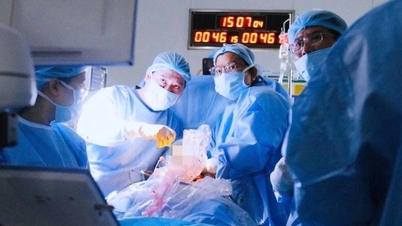



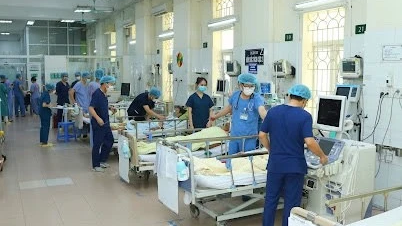


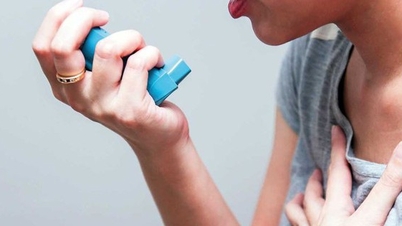

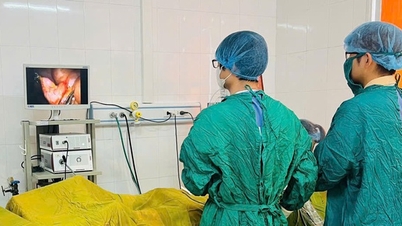




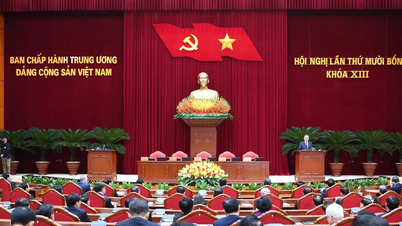
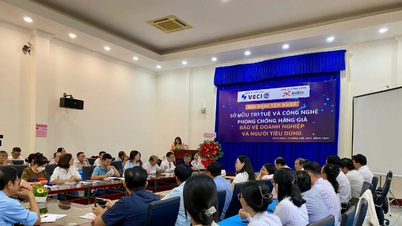
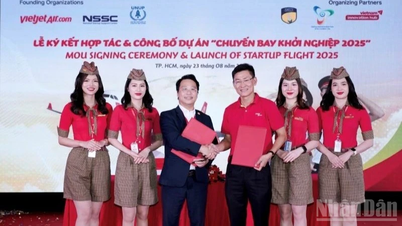
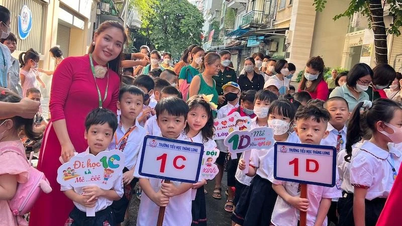









































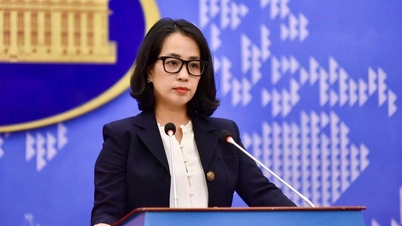
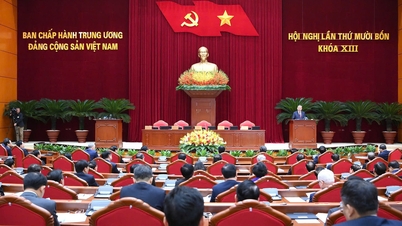
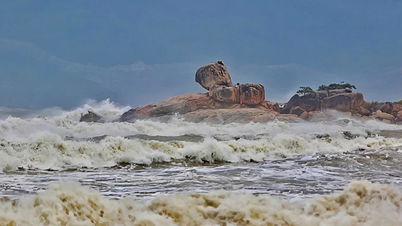
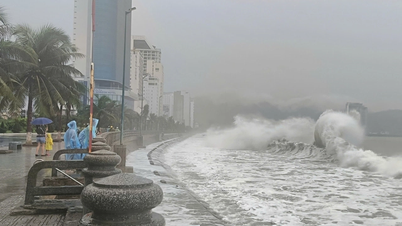
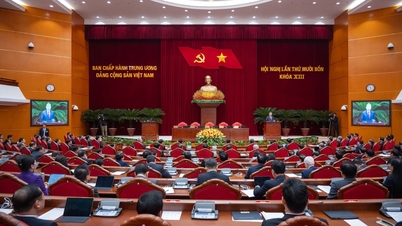






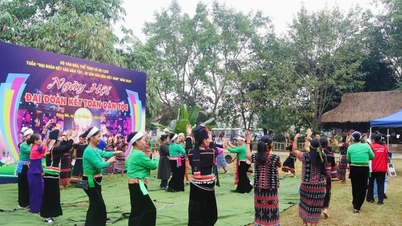
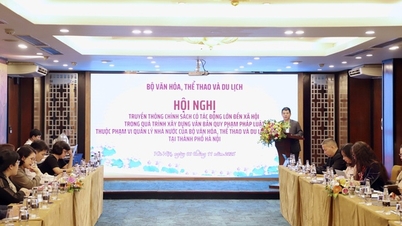
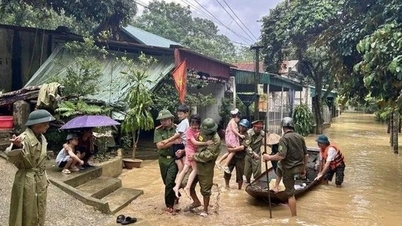
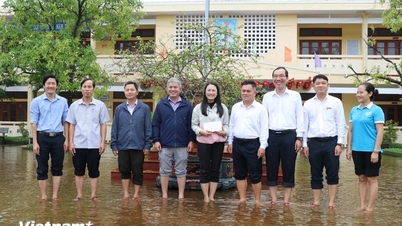

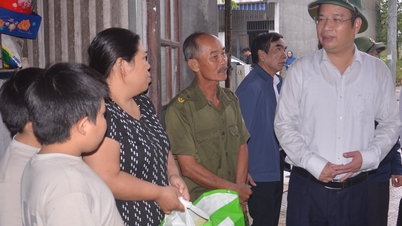

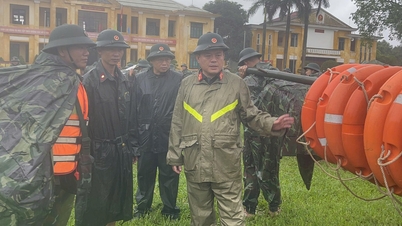
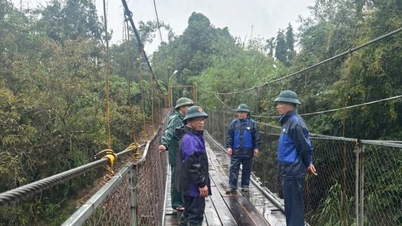



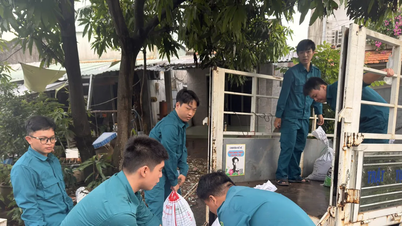









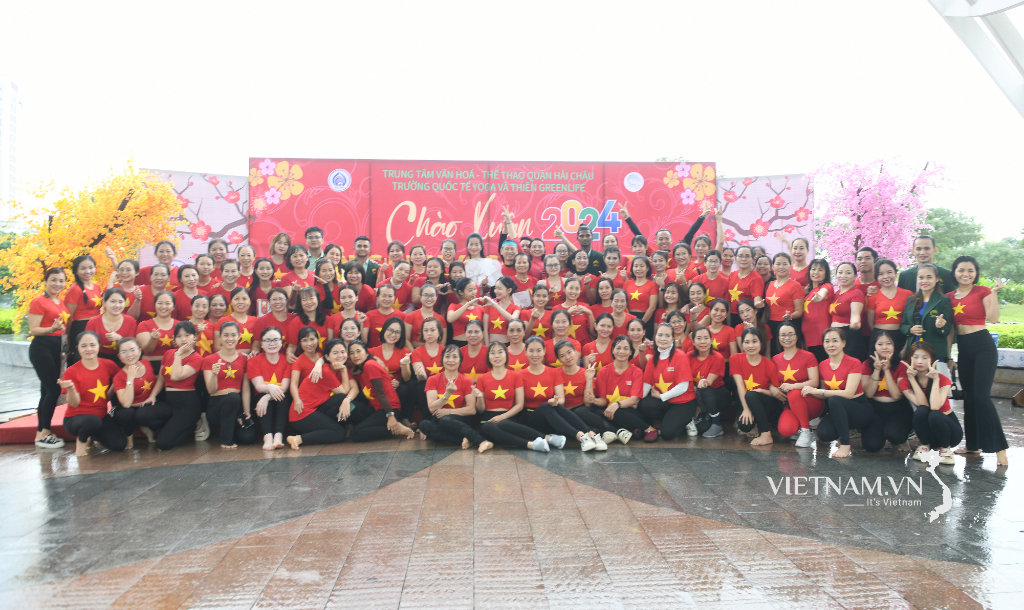



Comment (0)